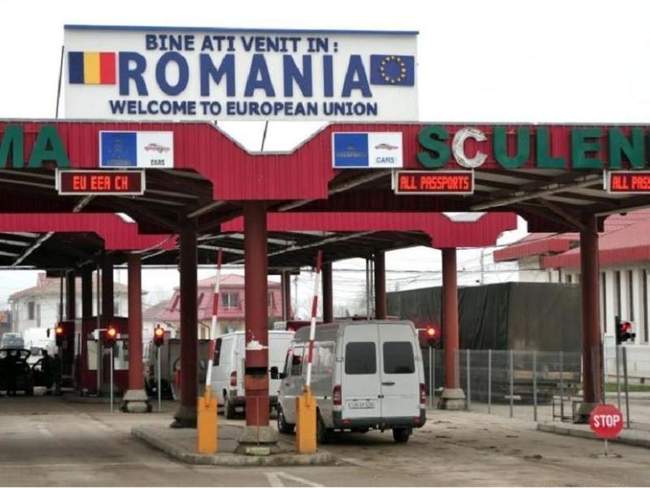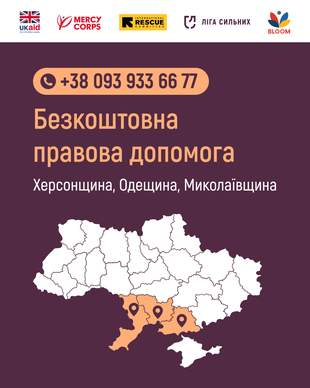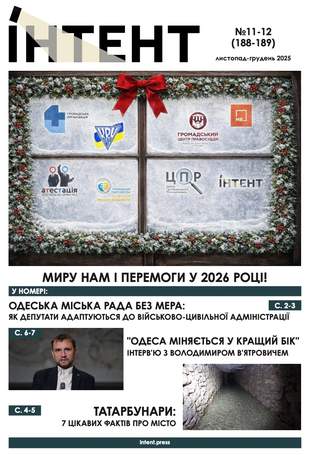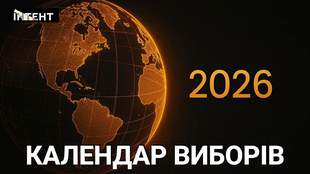Меню
Соціальні мережі
Розділи
Dec. 24, 2022, 10:46 a.m.
Ukrainians have been simplified to enter Moldova
This article also available in English719

Photo: newsmaker.md
The National Commission for Emergency Situations of the Republic of Moldova has decided to allow Ukrainian citizens to enter Moldova through the Moldovan-Romanian border and Chisinau airport on the basis of internal Ukrainian identity documents until February 1. Previously, this situation was only valid when entering Moldova from the territory of Ukraine. Thus, the National Commission supplemented the decision on the entry procedure for Ukrainian citizens adopted on February 24, the neighboring country's media reported.
From now on, Ukrainian citizens will be able to enter Moldova from Romania on the basis of an identity card (ID card, internal passport), a regular passport and other identity documents. In particular, they can bring an identity card of a citizen of Ukraine issued by the Embassy of Ukraine in Moldova, a temporary identity card issued by the Bureau of Migration, a driver's license, a residence permit, a military ID card, etc. They can also present copies of these documents or documents in electronic format, including expired documents.
On December 15, the vice chairman of the Alliance for the Unification of Romanians (AUR) party, Valeriu Munteanu, told NewsMaker.md on his Facebook page that a Ukrainian citizen and her three minor children, who were traveling from Bucharest to Odesa in transit through Moldova, were not allowed to enter the country because they did not have passports, but only internal identity documents. As the head of the Border Police of the Republic explained at the time, in order to transit through Moldova, Ukrainians had to obtain the necessary documents at Ukrainian diplomatic missions.
On December 6, it became known that by mid-2023, Ukraine and Moldova would sign an agreement on the construction of a road bridge across the Dniester on the common border, according to the government portal.
On November 30, it was reported that Moldova is ready to help evacuate from Khersonthe foundation stones of the Belgorod-Dniester fortress from the reign of Stefan cel Mare in Odesa region. This was stated by the Minister of Culture of the Republic of Moldova, Sergiu Prodan. Earlier it was reported that the fifteenth-century plates could have been stolen by the occupying Russian troops during their escape from Kherson. But later, Romanian Minister of Culture Lucian Romascanu reassured historians that the occupiers did not have time to take the plates.









